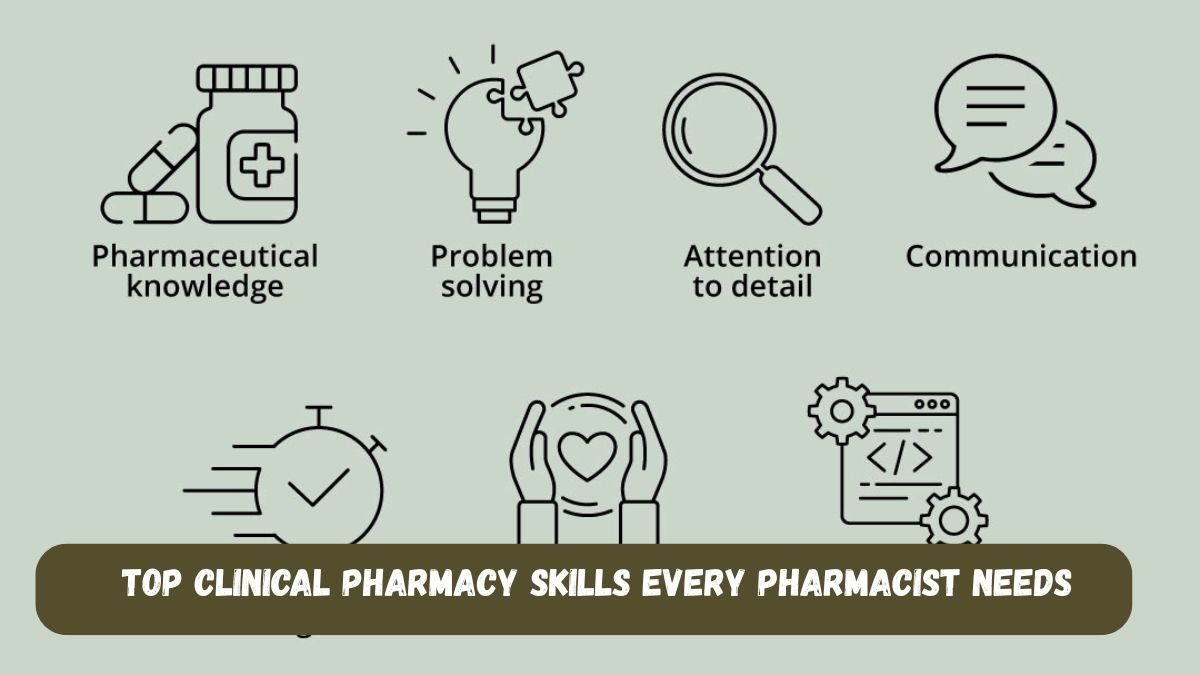One of the most important skills for a clinical pharmacist is understanding patients’ information accurately. This requires not only medication information but also knowledge of the patient’s medical history, allergies, and current medications. Only when the pharmacist understands the patient’s complete information can they provide accurate advice and determine the correct dosage. This skill plays a crucial role in patient safety and improved health.
Deep Understanding of the Science of Medicine and Pharmacotherapy
Clinical pharmacists must have a deep knowledge of the science of medicine and its action, i.e., pharmacotherapy. This means they must have a clear understanding of the drug’s chemical structure, its effect in the body, and potential interactions with other drugs. This skill directly impacts the patient’s response to the medication and the success of the treatment.
Patient Monitoring and Response Assessment
A clinical pharmacist’s job isn’t just to dispense medication. They must constantly monitor the patient’s response. If a medication causes a side effect or allergic reaction, it is the pharmacist’s responsibility to immediately identify and take corrective action. This skill ensures patient safety and quality of treatment.
Effective Communication and Patient Education
Clinical pharmacists must be able to communicate clearly and effectively with patients. They must be able to explain proper medication administration, medication side effects, and lifestyle changes. Good communication helps patients become aware of their medication and improves treatment outcomes.
Teamwork and Collaboration with Other Healthcare Professionals
Pharmacists do not work alone. They must collaborate with doctors, nurses, and other healthcare professionals. Teamwork is essential for making informed decisions in a clinical setting. When pharmacists work collaboratively with other specialists, patient care is more effective and safe.
Problem Solving and Decision-Making
Clinical pharmacists must be able to find solutions to problems and make quick decisions at all times. For example, if a medication is in short supply or a patient is experiencing adverse drug reactions, the pharmacist must immediately suggest alternative options. This skill is crucial in maintaining patient safety and continuity of treatment.
Ethics and Professional Responsibility
A pharmacist’s profession involves more than just dispensing medication, but also ethical responsibility. They must maintain patient confidentiality, prescribe the correct medication, and avoid any unethical behavior. Ethics and professional responsibility strengthen a clinical pharmacist’s credibility and professional image.
Time Management and Prioritization
Pharmacists have many responsibilities in a clinical setting. They must be able to manage time and prioritize. For example, reviewing critical patients’ medication regimens first and performing routine tasks later. This skill makes pharmacists more productive and effective.
Data Analysis and Research Skills
Clinical pharmacists today must also be familiar with data analysis and research. Studying medication response, patient progress, and the effectiveness of new treatments is essential. Data analysis and research skills help pharmacists make evidence-based decisions and enhance the quality of patient care.
A willingness to continuously learn and embrace new technologies
New drugs, new technologies, and new treatment methods are constantly emerging in the field of pharmacists. A successful clinical pharmacist is one who is always eager to learn and adopt new technologies. This skill keeps them up-to-date and helps them provide the best possible service to patients.
Conclusion
The profession of a clinical pharmacist is not limited to dispensing medications. It also includes patient safety, correct treatment, ethical responsibility, and the ability to continuously learn. The ten skills mentioned above are essential for any pharmacist. By adopting and developing these skills, pharmacists can not only excel in their profession but also make a positive difference in the lives of patients.
